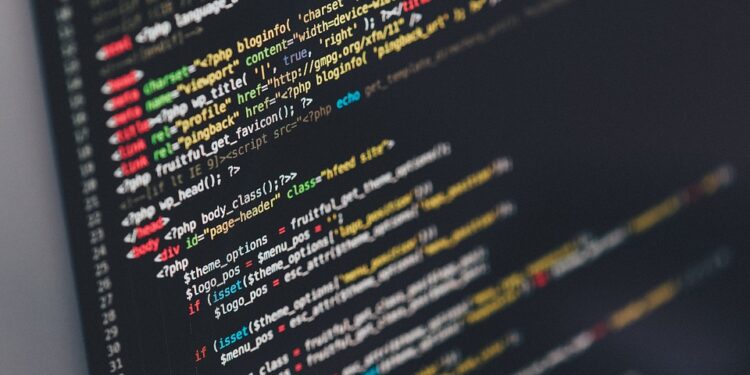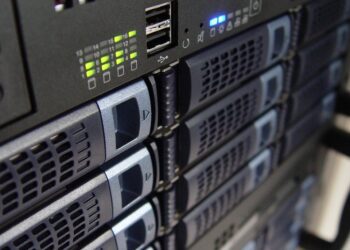Artificial Intelligence (AI) has been one of the most transformative technologies of the 21st century. It has permeated nearly every aspect of our lives, from the way we communicate to the way we work, shop, and even drive. As AI continues to advance at an exponential rate, its impact on the world is becoming increasingly profound.
One of the key areas where AI is making a significant impact is in the field of healthcare. AI-powered algorithms are being used to analyze vast amounts of patient data to assist doctors in diagnosing diseases and developing treatment plans. AI is also being used to develop new drugs and treatments, improve medical imaging techniques, and even predict patient outcomes. In the age of COVID-19, AI has played a crucial role in tracking the spread of the virus, diagnosing cases, and developing vaccines.
Similarly, AI is revolutionizing the way we interact with technology. Virtual assistants like Siri, Alexa, and Google Assistant have become ubiquitous, helping us to perform tasks, ask questions, and even control our smart home devices with simple voice commands. AI-powered recommendation systems are used by companies like Netflix, Spotify, and Amazon to suggest products, movies, and music based on our preferences and behaviors.
In the business world, AI is being used to streamline operations, improve customer service, and optimize decision-making. Chatbots are being deployed to handle customer inquiries, while AI-powered analytics tools are being used to analyze data and identify trends to inform strategic decisions. In manufacturing, AI is being used to optimize production processes, improve quality control, and predict maintenance needs.
In the field of transportation, AI is driving the development of autonomous vehicles, which have the potential to revolutionize the way we travel. Self-driving cars are already being tested on roads around the world, and companies like Tesla, Google, and Uber are investing heavily in this technology. AI is also being used to optimize traffic flow, reduce congestion, and improve the efficiency of public transportation systems.
However, the rise of AI is not without its challenges. There are concerns about the impact of AI on the job market, with some fearing that automation will lead to widespread job losses. There are also ethical concerns surrounding issues like data privacy, bias in algorithms, and the potential for AI to be used in harmful ways.
Despite these challenges, the potential of AI to transform the world for the better is immense. By harnessing the power of AI, we have the opportunity to improve healthcare outcomes, enhance customer experiences, and create a more efficient and sustainable society. As AI continues to evolve, it is essential that we approach its development and deployment with a sense of responsibility, ensuring that it is used to benefit society as a whole. The rise of artificial intelligence is not just a technological advancement – it is a global phenomenon that has the power to change the world for the better.








